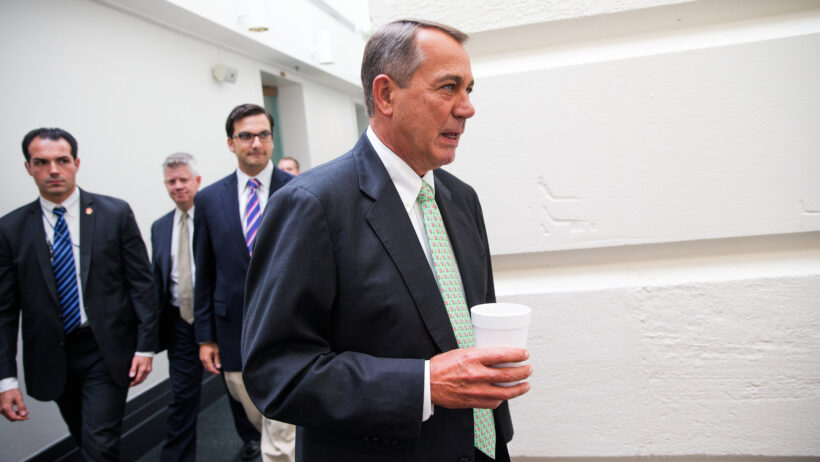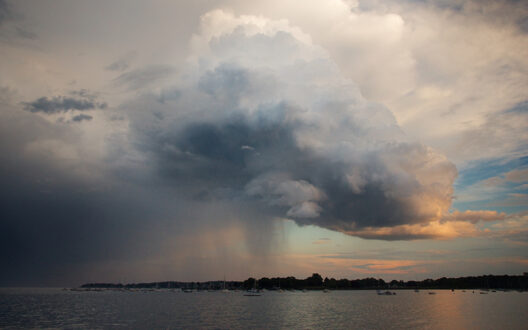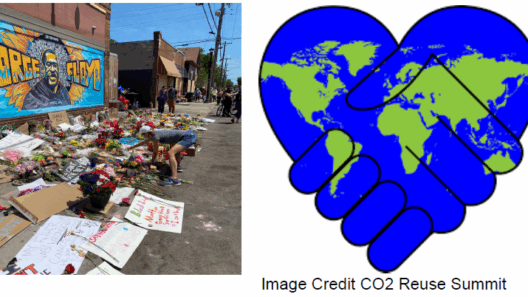In recent years, the discourse surrounding climate change and global warming has evolved into an arena of intense scrutiny and debate. While the overwhelming consensus among scientists affirms the reality of human-induced climate change, questions continue to surface regarding the minority viewpoint. This article delves into the status of dissenting scientific opinions on global warming, examining the nuances, motivations, and implications behind these views. It will also illuminate the various factors influencing public perception and scientific credibility.
The overwhelming consensus of the scientific community, including institutions such as the Intergovernmental Panel on Climate Change (IPCC), indicates that global warming is both real and significantly exacerbated by human activities. More than 97% of climate scientists agree that climate change is occurring due to elevated levels of greenhouse gases, primarily due to fossil fuel combustion, industrial processes, and deforestation. However, this statistical consensus belies a small cohort of scientists who have either registered skepticism or outright denial regarding the anthropogenic aspects of climate change.
To classify the dissenting voices within the scientific realm, it is crucial to examine the differing types of skepticism. These range from those who question the magnitude and immediacy of climate impacts to those who argue that natural climate variability accounts for observed changes in the Earth’s climate systems. This diversity of thought is not inherently illegitimate; scientific inquiry thrives on questioning and testing established paradigms. Consequently, a thorough analysis is warranted to understand the original contexts and motivations behind these dissenting opinions.
One principal reason for skepticism among some scientists can be traced back to ideological and economic influences. Some individuals may align their scientific findings with certain political ideologies or economic interests. For instance, research funded by fossil fuel industries or politically conservative entities may produce findings that downplay the severity of global warming or suggest alternative frameworks for understanding climate change. Such affiliations can compromise the integrity and objectivity of scientific inquiry, leading to skepticism that is less about empirical evidence and more about vested interests.
Another contributing factor is the cognitive dissonance experienced by scientists who may find it challenging to reconcile compelling data with personal or professional beliefs. There exists a psychological phenomenon wherein individuals hold onto preconceived notions despite evidence to the contrary. This can lead to a form of intellectual obstinacy, where a scientist may ignore or dismiss substantial evidence of global warming, instead focusing on anomalies or data that support their initial beliefs. Such a perspective often fosters the propagation of misinformation, which can further cloud public understanding of climate science.
While dissenting scientists do exist, the scientific method mandates rigorous peer review and reproducibility of findings, creating a robust framework that prioritizes accuracy over individual opinion. It is vital to differentiate between scientifically validated findings and mere assertions made by a minority. The fundamental principles of scientific inquiry demand that all claims must be supported by empirical data and withstand scrutiny. In this context, the prevailing scientific consensus remains irrefutable: the evidence for human-induced climate change is both robust and compelling.
Additionally, public perception plays an instrumental role in the continued debate about global warming. Factors such as media portrayal, educational backgrounds, and socio-political influences can significantly sway public understanding of climate science. Misinformation, often proliferated by stakeholders with interests in maintaining the status quo, can undermine widespread recognition of the scientific consensus. Thus, it becomes critical for climate activists and educators to engage in effective communication strategies that illuminate the facts and dispel myths surrounding climate change.
The role of media in shaping perceptions cannot be overstated. The phenomenon of “false equivalency,” wherein media outlets give equal weight to minority opinions despite their lack of empirical support, can contribute to public confusion. This serves to amplify dissenting views disproportionately, creating an impression of a divided scientific community when, in reality, the majority of climate scientists are in concord regarding the human impact on climate. As consumers of information, individuals must develop discernment in how they evaluate scientific claims, scrutinizing the credibility and motives behind various sources.
Furthermore, understanding the varying communication styles among scientists themselves is paramount. The technical jargon often employed in scientific literature can alienate lay audiences, hindering clear dissemination of crucial information regarding climate change. Therefore, a concerted effort to translate complex data into accessible language is essential for promoting comprehension and urgency in addressing global warming. This necessitates collaboration between scientists, educators, and communicators to bridge the gap between scientific research and public engagement.
In conclusion, while a handful of scientists may express skepticism about global warming, the prevailing consensus underscores a reality that is reinforced by extensive research and rigorous methodologies. It is crucial to scrutinize the motives behind dissenting views and the implications of their propagation. Ultimately, fostering informed dialogue rooted in scientific evidence is vital for addressing climate change effectively. Encouraging critical thinking, enhancing transparency in scientific processes, and amplifying the voices of informed advocates will be essential in empowering society to confront one of the most pressing challenges of our time. The reality of climate change is not merely a scientific concern; it is an existential crisis that demands immediate and collective action.







You have remarked very interesting details ! ps nice site.
I genuinely appreciate your piece of work, Great post.